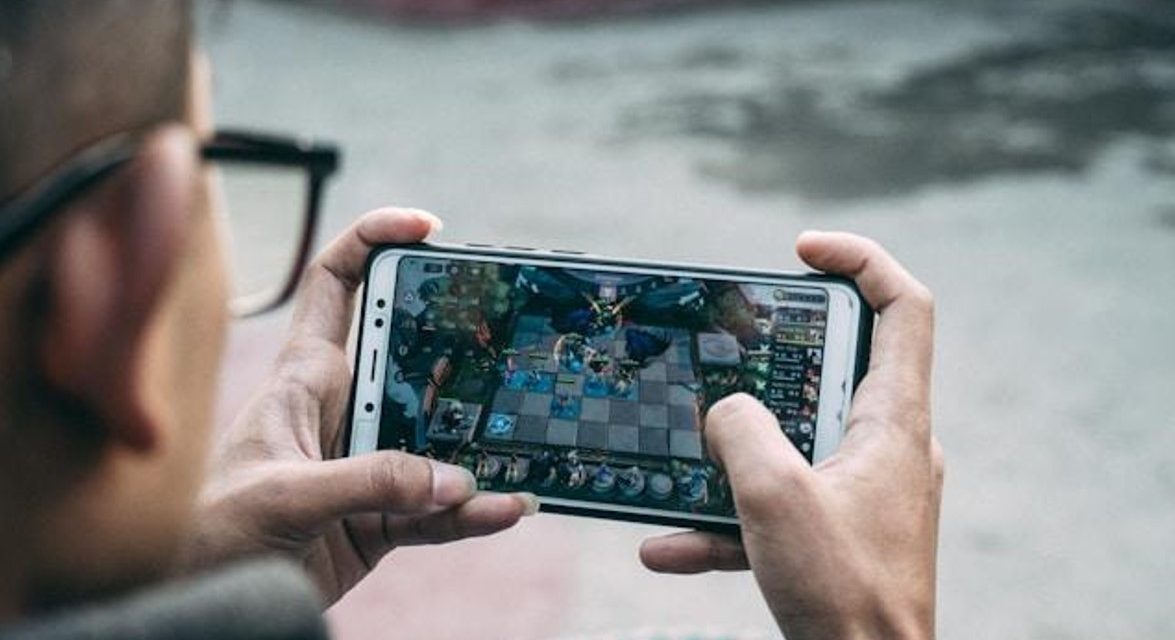Cryptocurrency and the blockchain technology that underpins it have been found to be useful in several sectors, but none more so than gaming. It has completely revolutionized how we approach gaming, especially in-game payment processes. However, it can be quite tricky for newbies, which is why this post, with the tips soon to be listed below, is designed to set you up for success as you venture into crypto gaming on your preferred mobile device.
1. Know your options
When it comes to crypto gaming, there are several options for you to choose from, which is why the first step is knowing which one(s) you want to throw your weight around. Pretty much any gaming service you can enjoy with fiat or traditional currencies can now be accessed using cryptocurrency. If you are a casino enthusiast, you can play poker or slots at various online crypto casinos of your choice. You may want to play Blackjack with crypto on these platforms for a smoother, safer, and more rewarding experience than you will get using traditional systems.
If you are looking to use the full might of the blockchain, then blockchain games like Axie Infinity, Decentraland, and The Sandbox should be your first picks. These games are built on the blockchain, meaning they are decentralized and rely on smart contracts for normal operation. Blockchain games stand out because they reward players with in-game cryptocurrencies that can be sold in the real world, used on other compatible platforms, or traded with other players, allowing more utility than you will find with non-blockchain-based games.
2. Set up a wallet
You probably have a good idea of what your preferred crypto gaming option is; the next step is to fund it. The same way you’d have a wallet to hold your fiat currency is the same way you need a crypto wallet to hold your crypto. You have three options:
- Hosted wallets
- Non-custodial wallets
- Hardware wallets
Hosted wallets
These wallets are the easiest to create and are the most common in the crypto community. Once you create an account with applications like Bybit, Binance, and Coinbase, you are given wallets where your cryptocurrencies can be stored. These hosted wallets are so-called because the owners do not have total control of their cryptocurrency. On the upside, if you misplace your account login information, your cryptocurrency is not lost, as it can be retrieved by contacting the appropriate help station.
To set up a hosted wallet, research as many platforms as you can and make your choice based on the convenience and security protocols offered. Enter your information and choose a strong password. The last step is to buy crypto using your debit or credit card or directly from your bank account, depending on what deposit methods are made available to you.
Non-custodial wallets
A non-custodial wallet is, in many ways, the opposite of a hosted wallet. Instead of having third parties like Coinbase keep your crypto safe, the responsibility becomes entirely yours. You are provided a seed phrase, and if you lose it, you’ll be unable to access your crypto. In the context of online gaming, non-custodial wallets might be overkill since you are not looking to use advanced features like yield farming or lending.
Creating a noncustodial wallet requires downloading the application but does not require providing any personal information. Retrieve the seed phrase that will be provided and ensure it is kept safely. You will most likely be unable to fund it using direct transfers or debit/credit cards, so you’d need to send it from another wallet.
Hardware wallets
Unlike hosted and non-custodial wallets, these store your cryptocurrency offline, safe from cyberattacks. This is the perfect choice for professional gamers who are looking to invest substantial sums into their crypto-gaming exploits. It might be a chore to move crypto from your thumb drive all the time. A hack will be to move crypto chunks you need at a time to an online wallet and keep the bulk safe on your hardware wallet.
3. Maximum security
With the growing risk of data theft and other cybercrime, it is crucial to stay safe when using the internet, and it is no different from crypto gaming. You want to have as many security safeguards as possible. Beyond the passwords, you should consider multi-factor authentication (MFA), avoid sharing any personal information online, and use Virtual Private Networks (VPNs) if you must use public wifi. Remember that online security starts with you and that while you are online gaming, many other accounts are on the same platform for nefarious reasons.
4. Understand cryptocurrency volatility
Crypto gaming and cryptocurrency as a whole remain attractive because your investment can double or quadruple depending on market forces. However, it is important to remain aware that the same market forces can also see your investment cut by half quickly. Before you dabble into crypto gaming, you must have a good idea of how crypto volatility affects different cryptocurrencies; as such, you may decide which crypto you choose to own in your crypto gaming wallet.
5. Join a community
Lastly, there’s so much information flying around at any given moment that you are better served joining a community of like minds. This way, you are always informed, giving you ample time to react on time and be in the best position to protect your investment.
Always remember to have fun, ask for help in situations where you are unsure, avoid chasing losses, and play responsibly. Good luck!










![[Rumor] Chrono Trigger remake or remaster could already be in development](https://vgleaks.com/wp-content/uploads/2026/02/chrono-trigger-150x150.jpg)


